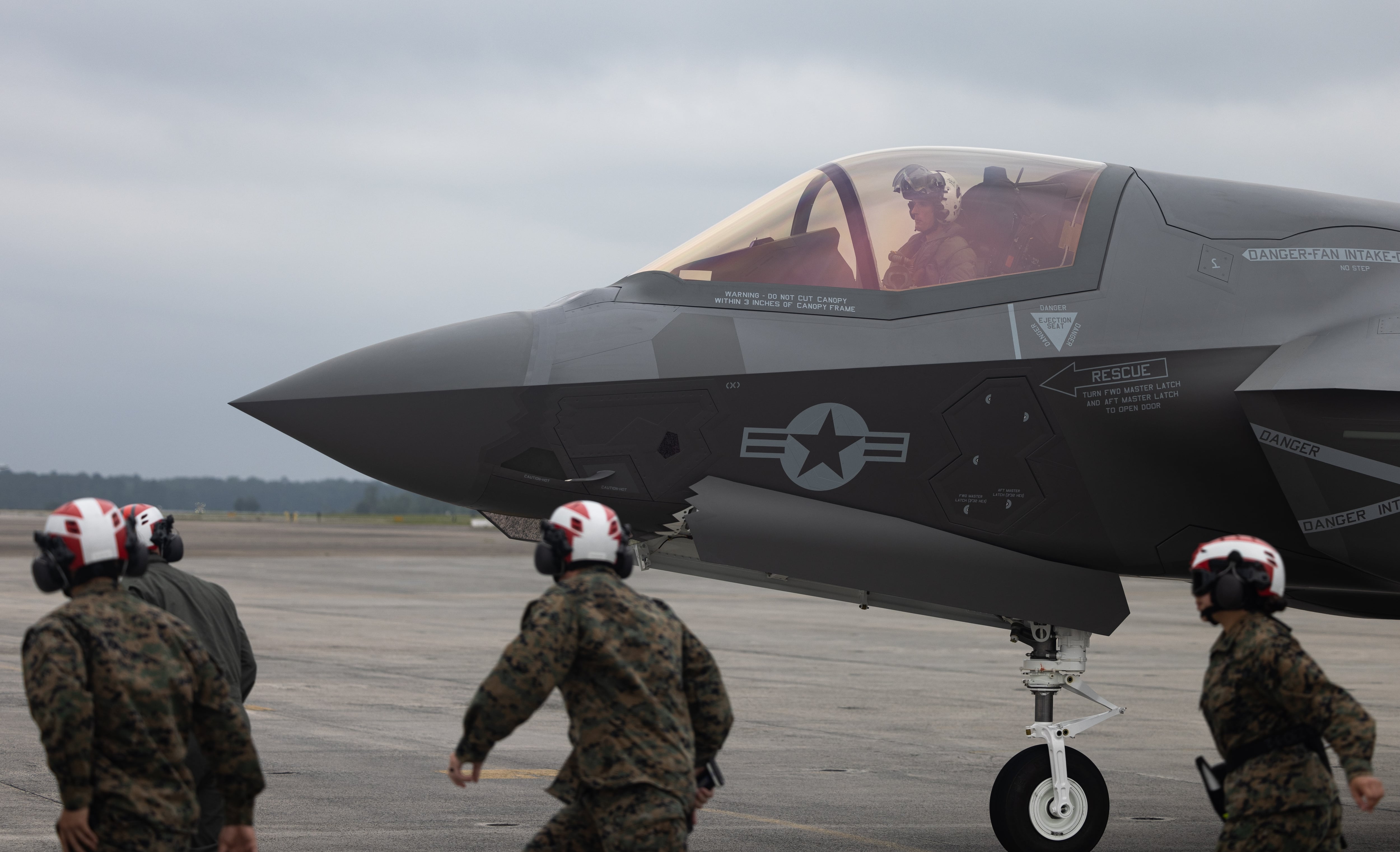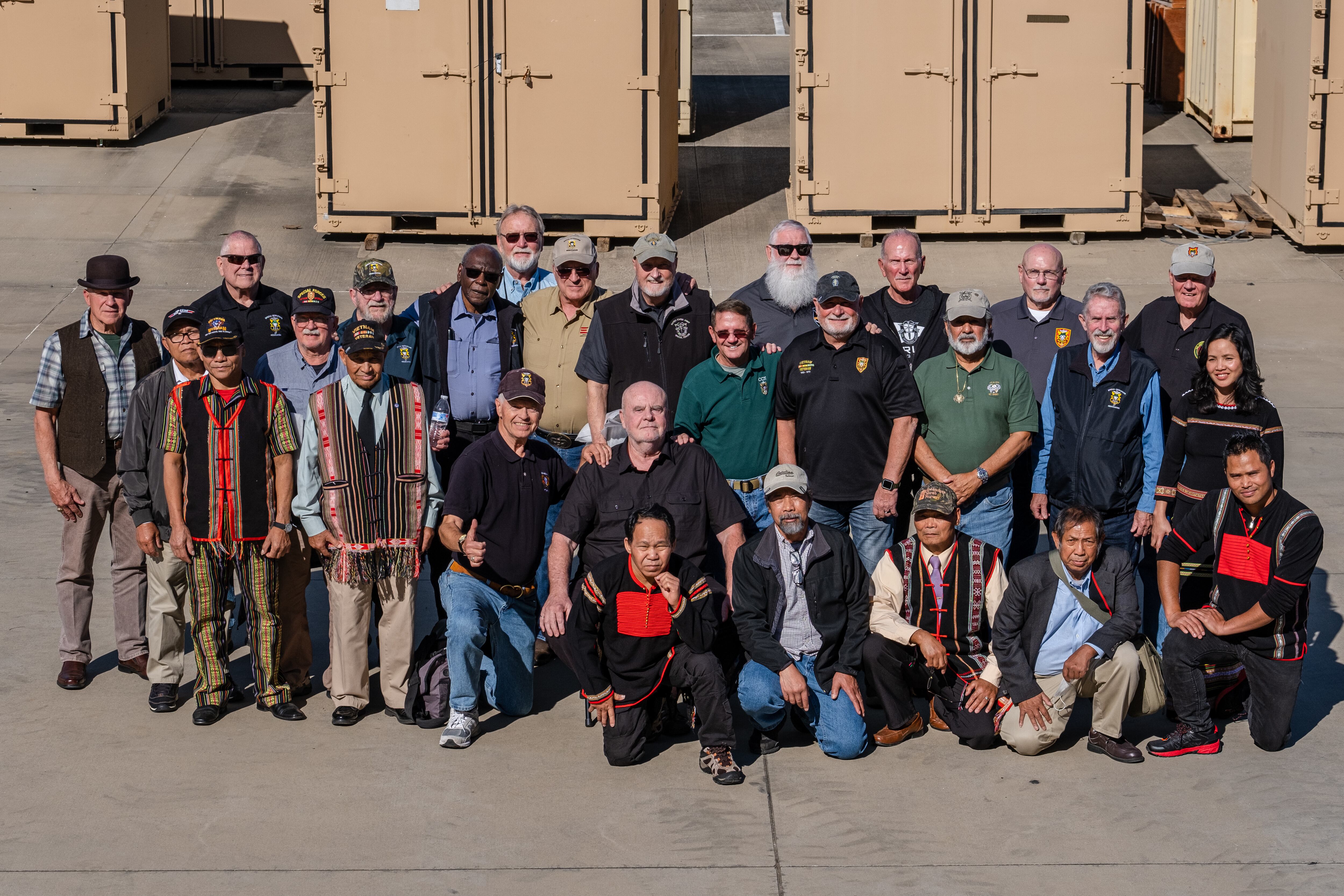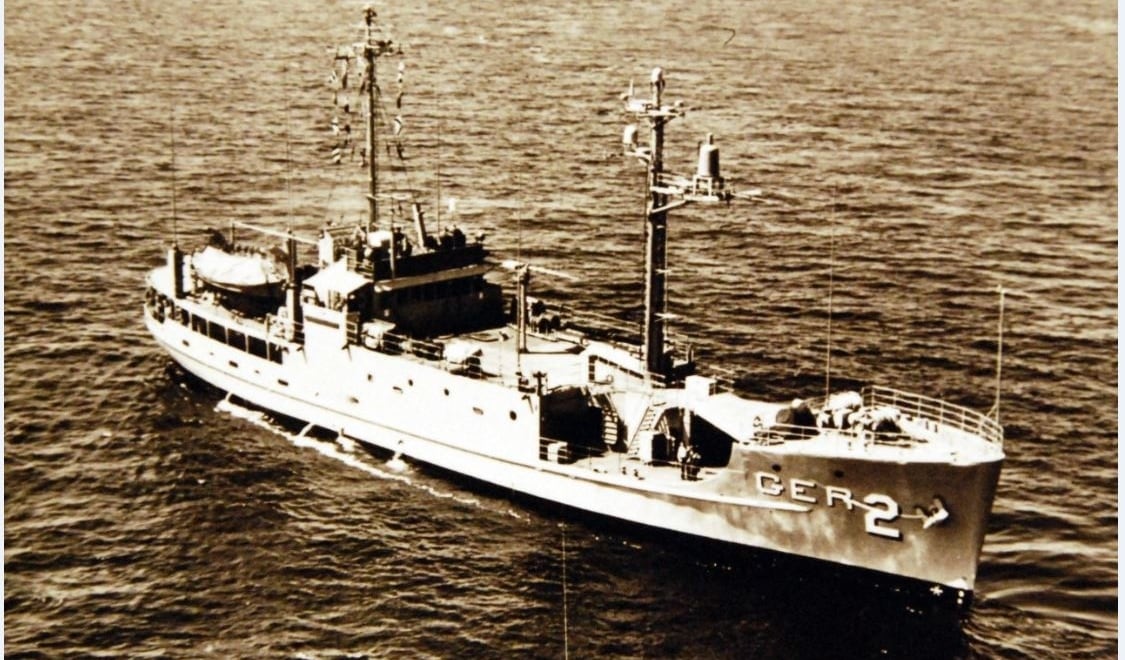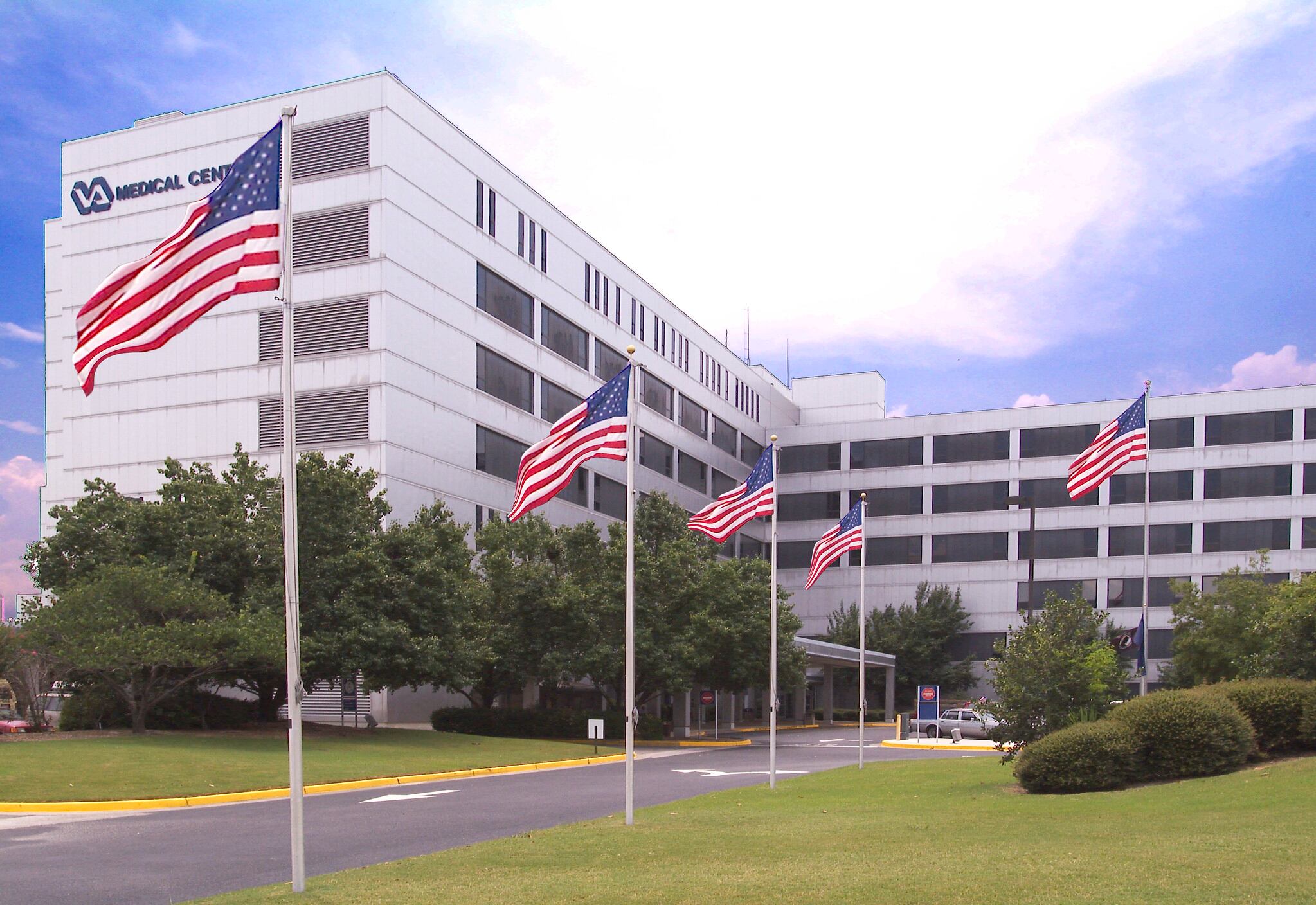CANBERRA, Australia (AP) — U.S. Defense Secretary Lloyd Austin met with Papua New Guinea leaders on Thursday to discuss developing the Pacific Island nation’s military strength and deepening security ties, as the United States competes with China for influence in the Indo-Pacific region.
Austin is the first U.S. defense secretary to visit the nation of 10 million people that was fiercely fought over during World War II and is gaining strategic importance in the U.S. struggle against Beijing.
The retired four-star general met with Papua New Guinean Prime Minister James Marape and discussed implementing the Defense Cooperation Agreement signed by U.S. Secretary of State Antony Blinken in the capital, Port Moresby, in May.
Blinken had stepped in for Joe Biden, who was to become the first U.S. president to visit Papua New Guinea but canceled to deal with the then-unresolved debt crisis in Washington, D.C.
Austin said the United States was “not seeking permanent basing” on Papua New Guinea but would help the country expand its military capability, modernize its forces and increase their interoperability with the U.S. military.
“The Indo-Pacific is our priority theater and partnerships like ours are critical to keeping this vital region free and open,” Austin told reporters in Port Moresby.
The United States has increased its diplomatic focus on the Pacific since China signed a security pact last year with Papua New Guinea’s neighbor, Solomon Islands.
Marape ruled out forging a bilateral security agreement with Beijing, saying Papua New Guinea’s relationship with China would remain economic.
The Chinese “have not made any request to us for military relationships,” Marape said.
Marape added that the Chinese government through its embassy in Papua New Guinea said it had “no issue whatsoever with us signing the DCA with the U.S.A.”
The signing of that agreement sparked student protests in Papua New Guinea’s second-largest city, Lae. Many in the Pacific are concerned about the increasing militarization of the region.
Marape said that U.S. Defense Department officials would visit Lae in September to plan upgrading infrastructure. Papua New Guinea wants fuel storage facilities and energy security to receive priority in a 15-year infrastructure plan.
Austin said Papua New Guinea would be provided with a U.S. Coast Guard cutter next month to help enforce maritime law.
Marape said his people were “hypersensitive” to the possibility the U.S. could wage war against China from Papua New Guinea. He added that the U.S. does not need Papua New Guinea “to be a launching pad for any offense anywhere else in the world.”
“I want to give assurance to everyone here, including our friends from Asia, that this is not about setting up for war. Rather, it’s about setting up presence for nation-building in Papua New Guinea and this part of Planet Earth and in the Pacific,” he added.
Austin and Blinken traveled to Brisbane, Australia, for annual bilateral talks on Friday and Saturday with their Australian counterparts.
Australian Prime Minister Anthony Albanese said he would also meet the two Americans on Friday.










